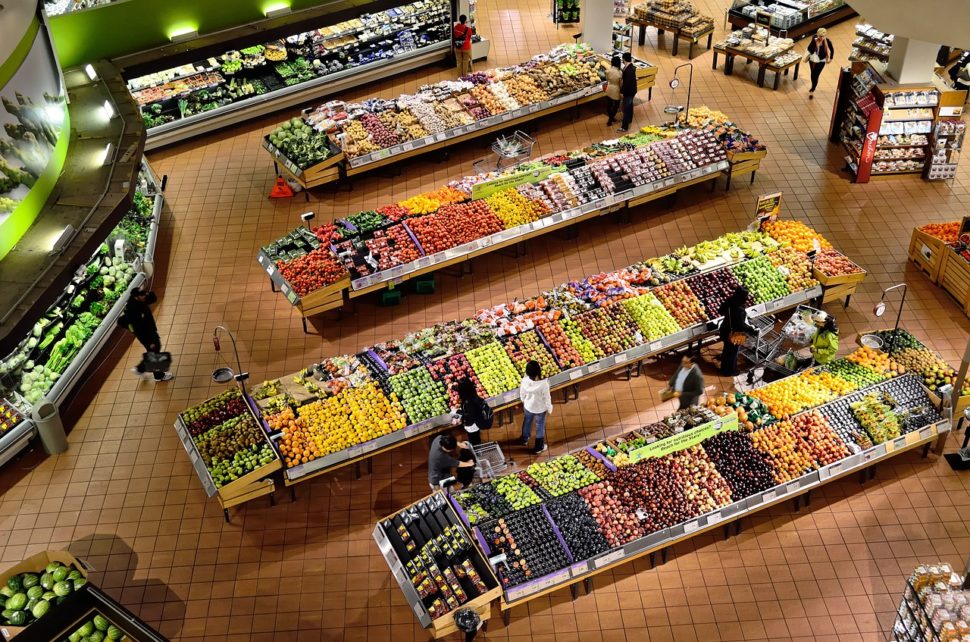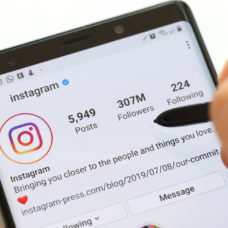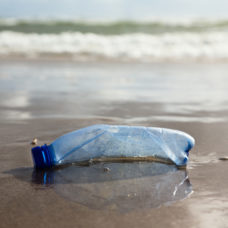Single-use plastics, such as cotton buds, straws and drink stirrers, fulfill their mission for only a couple of minutes at best before they’re tossed away. Then, they’ll take hundreds, or even thousands, of years to decompose.
As most of these plastic items end up as litter in the ocean, they exacerbate pollution and harm to marine biology.
Some countries, like the UK, starting from April 2020, will be banning single-use plastics. The major food chain Whole Foods, owned by Amazon, will ban plastic straws from its stores next July, although you still can buy them on Amazon.
However, more concrete and easy steps to stem the flow of plastic junk are taken by small grocery stores that are eschewing plastic food packaging and waste altogether.
Packaging-Free, Zero Plastic Groceries
Consumers can play the bigger part in the efforts to cut down on plastic food packaging to protect their health and the environment simply by there being alternatives for them.
Some grocery owners in the U.S. are striving for zero plastic in their stores, and one of them is Katerina Bogatireva, founder of Precycle.
Located in Bushwick (Brooklyn), Precycle shelves are stocked with organic local produce of different kinds that are sold in bulk without plastic packaging. Precycle shoppers have two options: they can bring their own container from home, or buy reusable containers sold in the store.
If the container shoppers bring doesn’t indicate target weight, it gets weighed prior and after filling so they pay only for the food of their choice.
“I try to live a low waste lifestyle. I go out of my way to buy things in bulk and go from store to store to find the right ingredients. But it’s really inconvenient, so I realized that it would be nice to have something convenient. There are a lot of people that want to make that switch, it’s just really hard to do,” said Bogatireva.
She said she took the inspiration to start its store from a package-free store called Original Unverpackt in Berlin, Germany.
Behind the concept of Original Unverpackt shop are Milena Glimbovski and Sara Wolf, who wanted to do something about all the waste and packaging they see in grocery stores.
It took the two girls two years to put the concept of their package-free store together. They then decided to launch a crowdfunding campaign to start the business. Their idea was so popular among the public that their project got double the funding they asked for.
NADA Grocery is a package-free grocery store in Vancouver, Canada, founded by a marine biologist.
So far, NADA claims to have diverted more than 30,565 containers from landfills and saved 950KGs of GHGs from food alone.
All of these initiatives help show the public that there are alternatives to widespread plastic use. More importantly, these stores show other, larger grocery stores that it is possible to have a plastic-free business. In the future, it’s likely that this phenomenon will spread, making it easier than ever for customers to get the products they want without having to pollute the Earth.


















Comments (0)
Most Recent